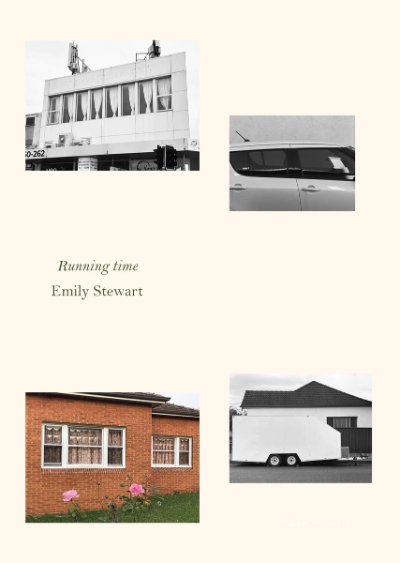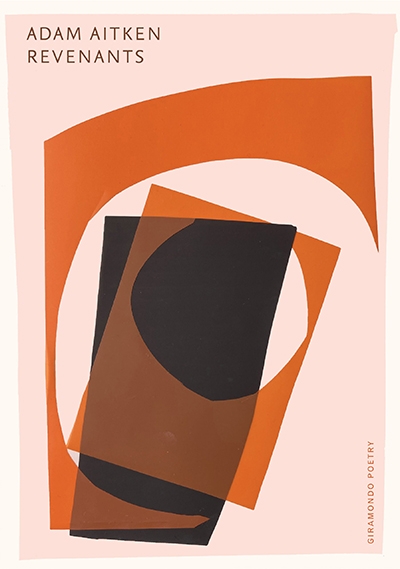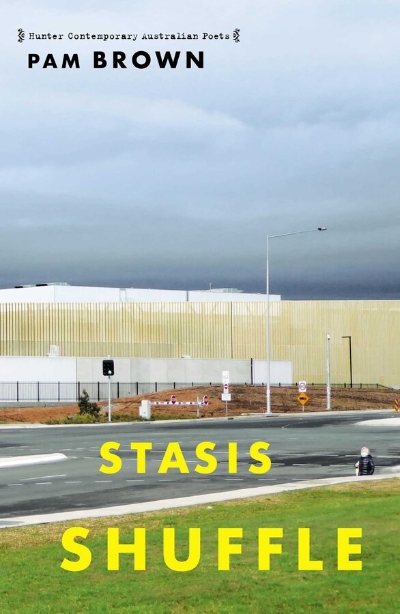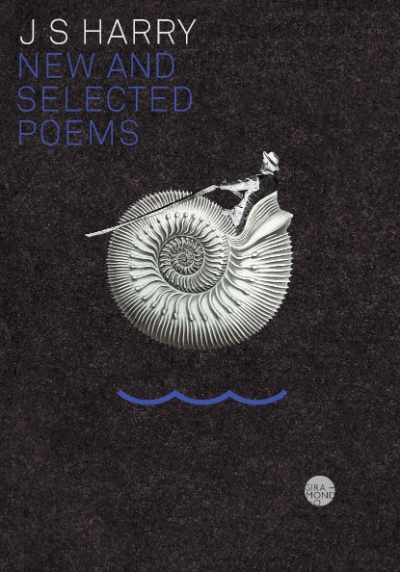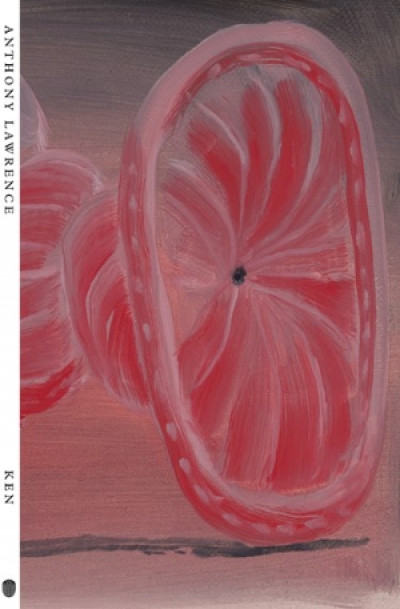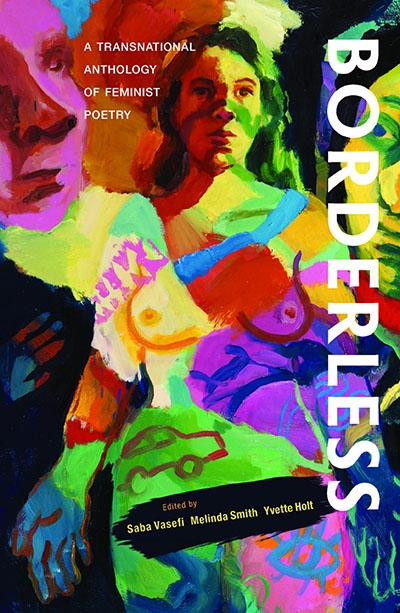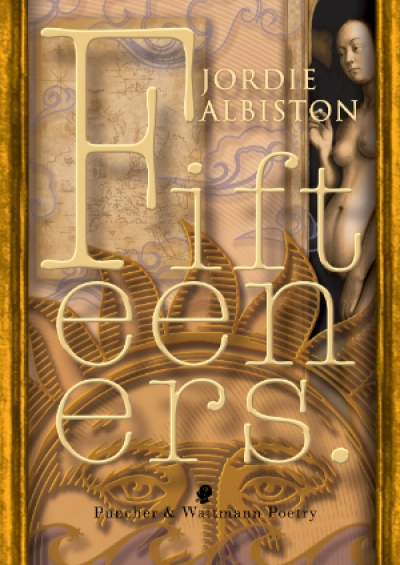Australian Poetry
Sign up to From the Archive and receive a new review to your inbox every Monday. Always free to read.
Recent:
Running time by Emily Stewart & Inheritance by Nellie Le Beau
by Anders Villani •
In the Room with the She Wolf by Jelena Dinić & Beneath the Tree Line by Jane Gibian
by Jennifer Harrison •
Borderless: A transnational anthology of feminist poetry edited by Saba Vasefi, Melinda Smith, and Yvette Holt
by Nadia Rhook •
Life Before Man (LBM), the poetry imprint of Gazebo Books, was founded by artist and publisher Phil Day in 2020. To date, seven books have been published, including works by Subhash Jaireth, Cassandra Atherton, Anthony Lawrence, Gary Catalano, and Alex Selenitsch. Forthcoming is a substantial international anthology of prose poetry, titled Alcatraz.
... (read more)

